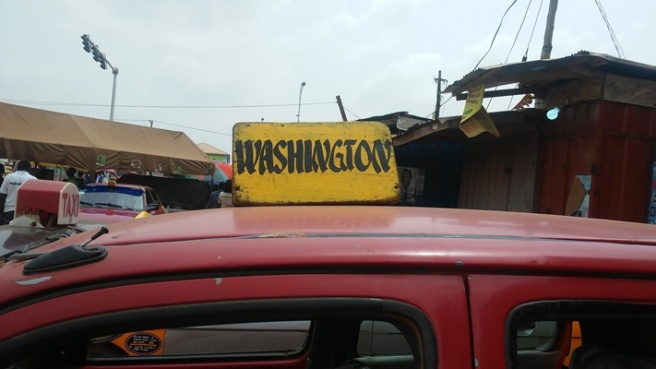MONEY CHANGERS
BY THEOPHILUS BRUCE-MILLS.
As any typical afternoon in Madina would look like, it was bustling with activity and a money changers’ corner, brisk business was going on. This was the part of town where you could get to change your money into mostly the Nigerian Naira, CFA Franc, Ghana Cedis, US Dollar and British Pound Sterling. This is what some people refer to as the black market.
With all that was going on, I thought these guys were doing some really good business and comparatively they appeared to be offering better exchange rates than what was available than what was on offer at the bureau de changes. These money changers mostly men, are the most reliable when it comes to money issues. They are so well versed in the trade and very vigilant in detecting fake currency. There are even times they could get clients currencies not available on the forex market.
One needed to have an appreciable amount of money just in case things went bad. Of course, I thought, who wouldn’t do that. The issue that I struggled with was the fact that apart from being money changers they were also money lenders. The terms they offered in addition to the exchange rates were not for the faint hearted. They meant business, I was told.
I was not going to raise the issue of taxes and all that. I was out numbered. I was about wrapping up at the money changers when an angry call rang out and it was getting closer to my end. I quickly sought refuge amongst them for a while as people turned in the direction of the commotion.
After what seemed to have been forever, I mustered courage to finally thank them and leave after which I made enquiries about the commotion. As it turned out, my instincts were right .A poor soul had been dispossessed of her phone in a split second whilst she was engrossed in a conversation.
The lesson: keep your eyes and ears wide open.


